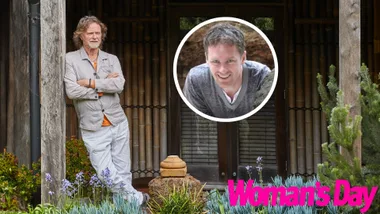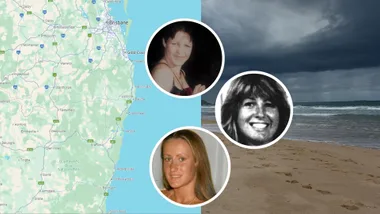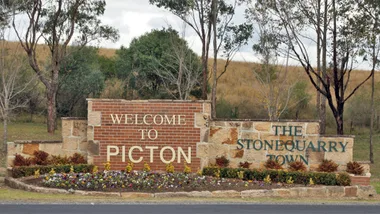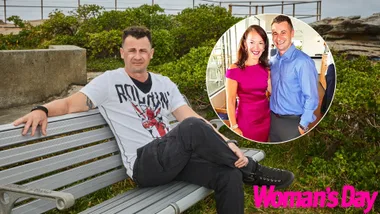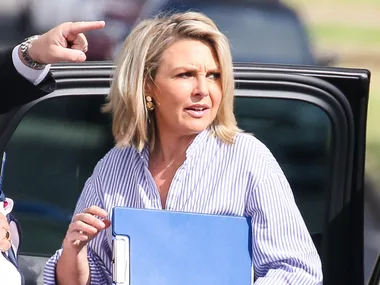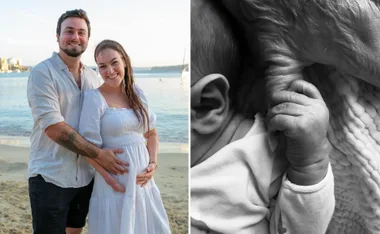Speculation is mounting about the validity of US swimmer Ryan Lochte and his 3 teammate’s claims that they were robbed at gunpoint in Rio by men posing as police officers.
Brazilian authorities now say that they have video proof that the athletes were vandals, not robbery victims, and concocted the story to cover up how they paid off petrol station attendants after one of the swimmers kicked down a door.
“The surveillance tapes show that there was no violence against the athletes at the gas station,” said Civil Police chief Fernando Veloso at a press conference on Thursday. “Their claim that they are a victim of an assault or robbery or any kind of violence is not true.”
Veloso demanded that the athletes — Ryan Lochte, James Feigen, Jack Conger and Gunnar Bentz — should “provide apologies to the city of Rio.”
But the swimmers’ harrowing story might not all be lies.
It is believed that a firearm was pointed at Lochte by one of the security guards at the gas station and the swimmers are believed to have paid 100 Brazilian reals and a $20 bill to cover the vandalism.
While Veloso said potential charges could include false communication of a crime and damaging private assets they were unlikely because the petrol station has been reimbursed for the damage and the owner was not pressing charges.
“This kind of crime will not lead to their arrest,” Veloso said.
Lochte had returned to the US on Monday, but two other swimmers, Gunnar Bentz and Jack Conger were stopped at the airport on Wednesday.
Olympic organisers defended the actions of the athletes, offering the explanation that they were just “kids” whose enjoyment got a little out of hand in the Rio atmosphere.
“These kids tried to have fun, they tried to represent their country to the best of their abilities,” Rio 2016 spokesman Mario Andrada told reporters.
“They competed under gigantic pressure. Let’s give these kids a break. Sometime you take actions that you later regret. They had fun, they made a mistake, life goes on.”
Since the video claims none of the swimmers have issued public statements.


